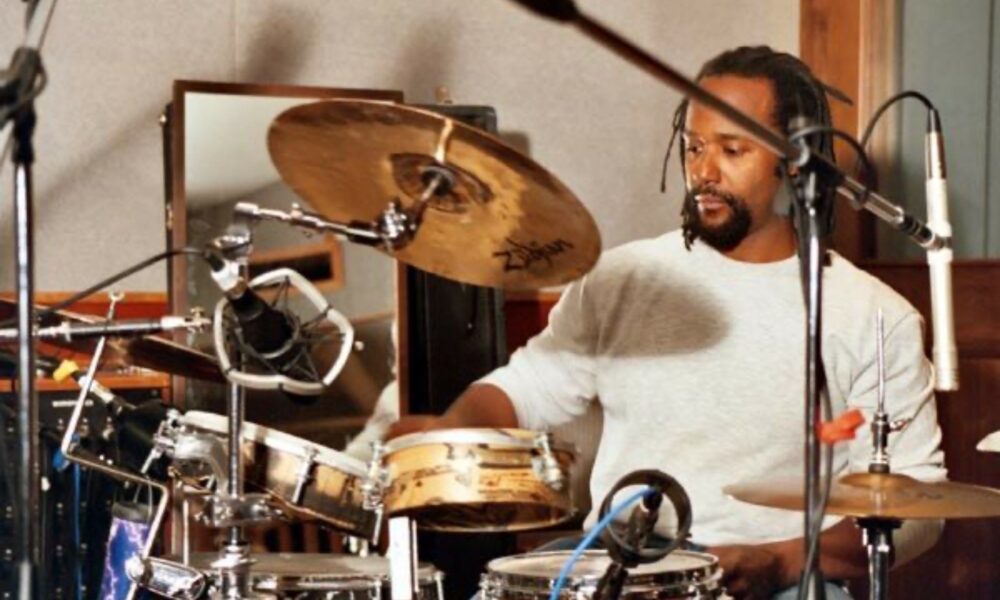

Today we’d like to introduce you to David Pleasant.
Hi David, so excited to have you with us today. What can you tell us about your story?
I was born in 1961 in Savannah. My mother, school teacher, and principal of the Sapelo Is. school, took both me and my brother to Sapelo Is. and later Darien, GA. It was in those places that I met extraordinary mainland and Gullah Geechee people, heard sounds, breathed air, saw landscapes, and played music that would drive me in a lifelong vision.
The BB and pebble-filled drums used on Sapelo and in Darien stirred to life the percussive rattles and vibrations that I knew were a part of the grand legacy of the Sea Island regions. In it were the polyrhythmic call of Africa and the wailing spirit song of Native people. The Drumfolk was awakened in my heart, soul, and mind.
Would you say it’s been a smooth road, and if not what are some of the biggest challenges you’ve faced along the way?
For a percussionist, particularly in the African tradition, smooth means no rhythm, no syncopation no polyrhythm.
Struggle and unpredictability are the meat of improvisation and creativity. Balance is not an end, but rather the agency of discovery and learning. In the Bible, it says to stir up love. Keep it moving and vibrant.
Thanks – so what else should our readers know about your work and what you’re currently focused on?
I am an award-winning musician/percussionist and a published writer, author, choreographer, independent scholar, composer, artistic director, poet, and consultant with credits in independent Theater, Broadway, Network TV, recording, and major institutions. My 40-year focus is exploring and advocating the profound legacy of Indigenous African and Native culture and political history in the S.E. Coastal region. That (Savannah +) effort, has led me to work in a range of collaborative associations and projects. From hip-hop to jazz, gospel, avant-garde performance, symphonic orchestras, dance theater and etc., I have established Drumfolk and Stono-centered acculturation as both a national and international presence.
At the New School of Social Research, I taught the class, Riddimic Studies with David Pleasant, where I formally incorporated early African American, Gullah Geechee traditions into jazz improvisation, and was a guest performance lecturer at Lincoln Center’s Master Improviser series along with jazz drummer Chico Hamilton. In 2004, I published two articles that set a foundation for the proliferation of Drumfolk study: The Drum is a Voice, and Drumfolk, both in Brooklyn Rail Magazine. Before that, I had set the tone for those works with an article called, Beyond the Backbeat, 1989, Stono International Magazine of History and Culture. Along the way I worked directly with the Schomburg Center for Black Culture and Research on the African Burial Ground project in New York City, 1991-2004, and published a related work, Jazz is More than Jazz, in a noted jazz magazine, 2008. Most recently I was included in a photo exhibit in NYC called jazz legends, by noted photographer, Paul Aresu. I was one of six artists chosen along with Archie Shepp, Regina Carter, Miles Griffith, Patience Higgins, and others.
If I am proud of anything, it would be my joy in serving in the delivery of a greater truth. That truth is the Genuine scope and depth of African and Native presence as a meaningful countervailing narrative to the over-ruling presence of dominant colonial and neocolonial representations.
What does success mean to you?
Love. God is the Greatest Drummer!! I love that. It is to share in, participate with and vibrate through the greatest polyriddim ever unfolded.
Contact Info:
- Website: Www.davidpleasant1.com
- Youtube: Dr. David Pleasant’s Channel
- Other: Pleasantinstitute.com
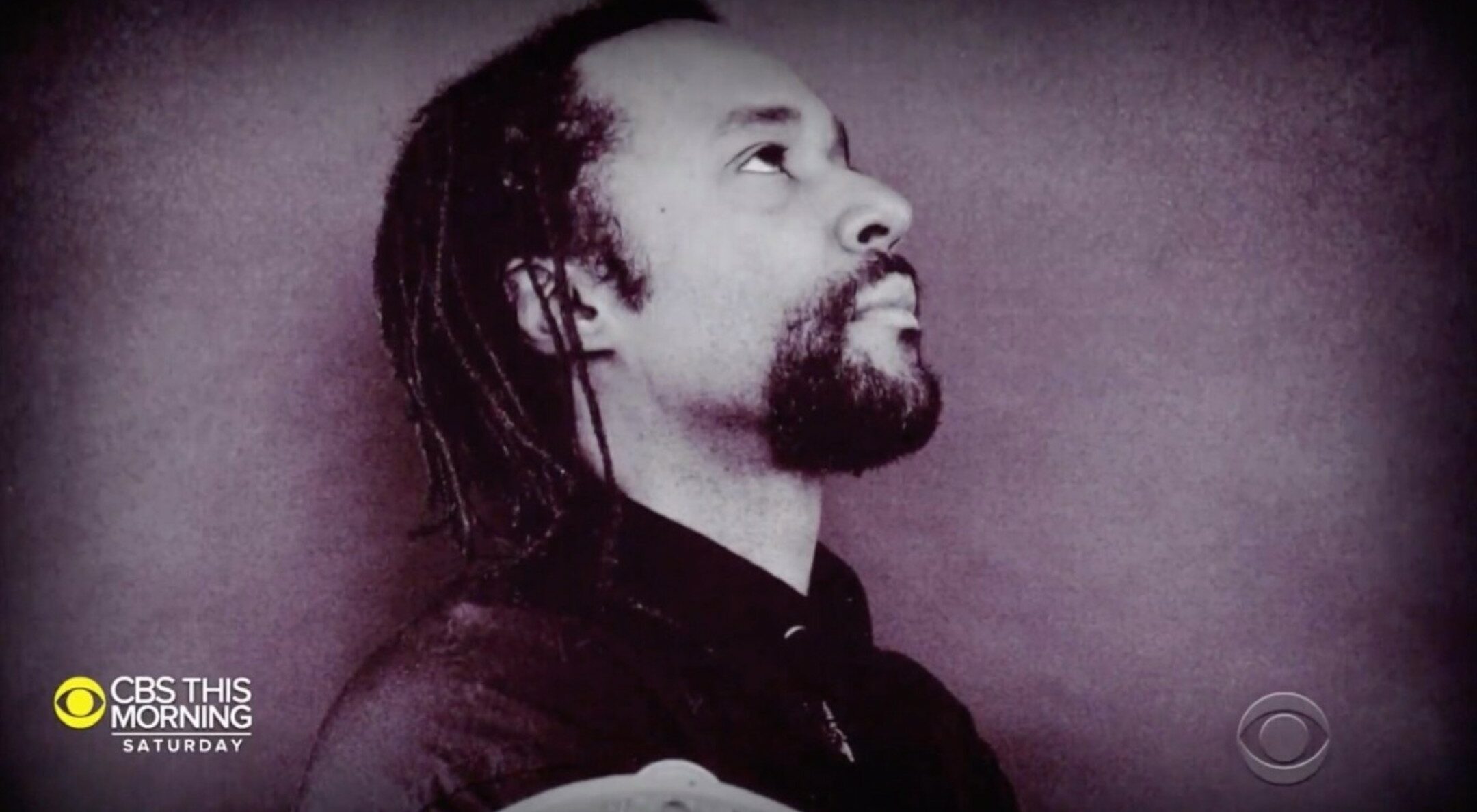
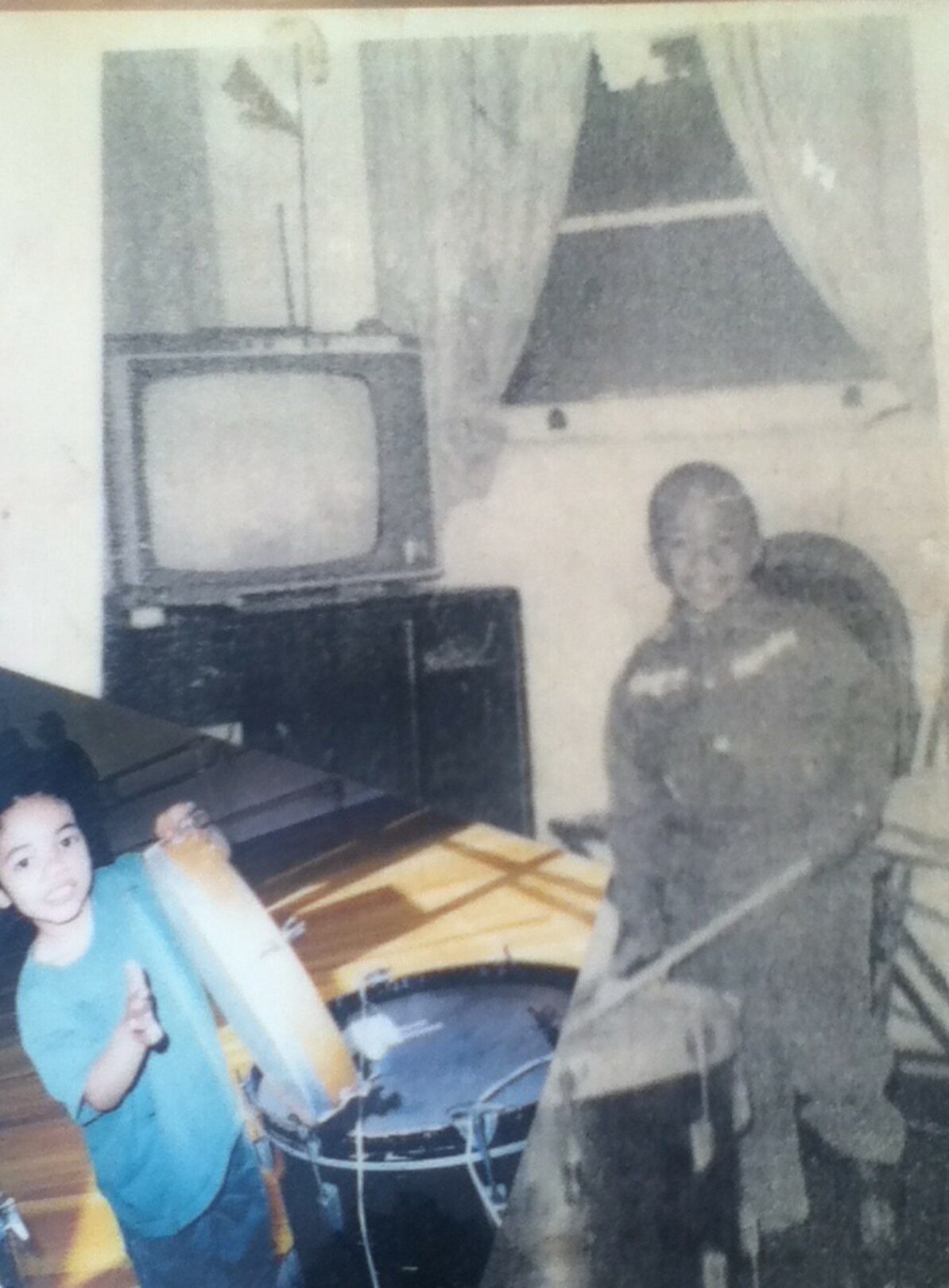
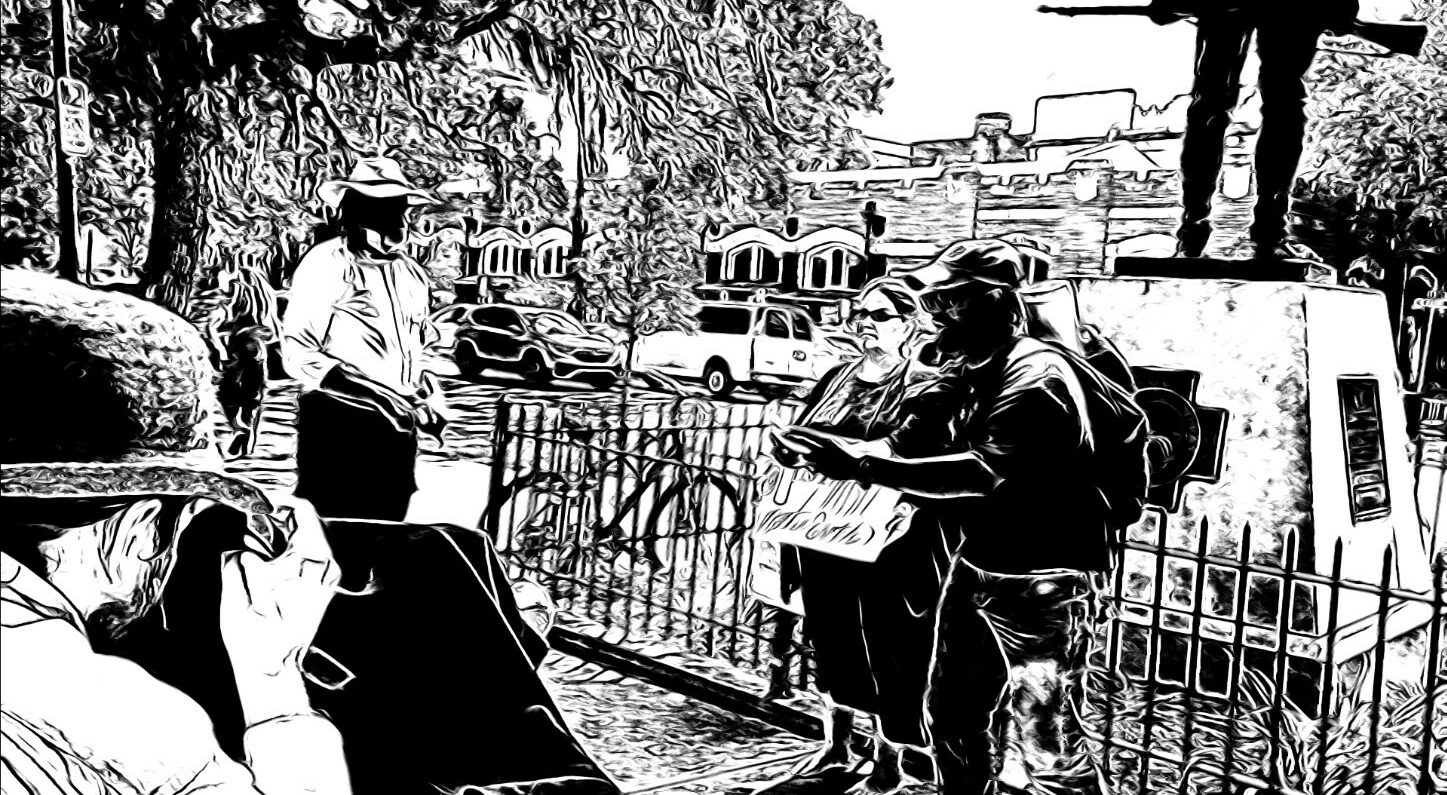
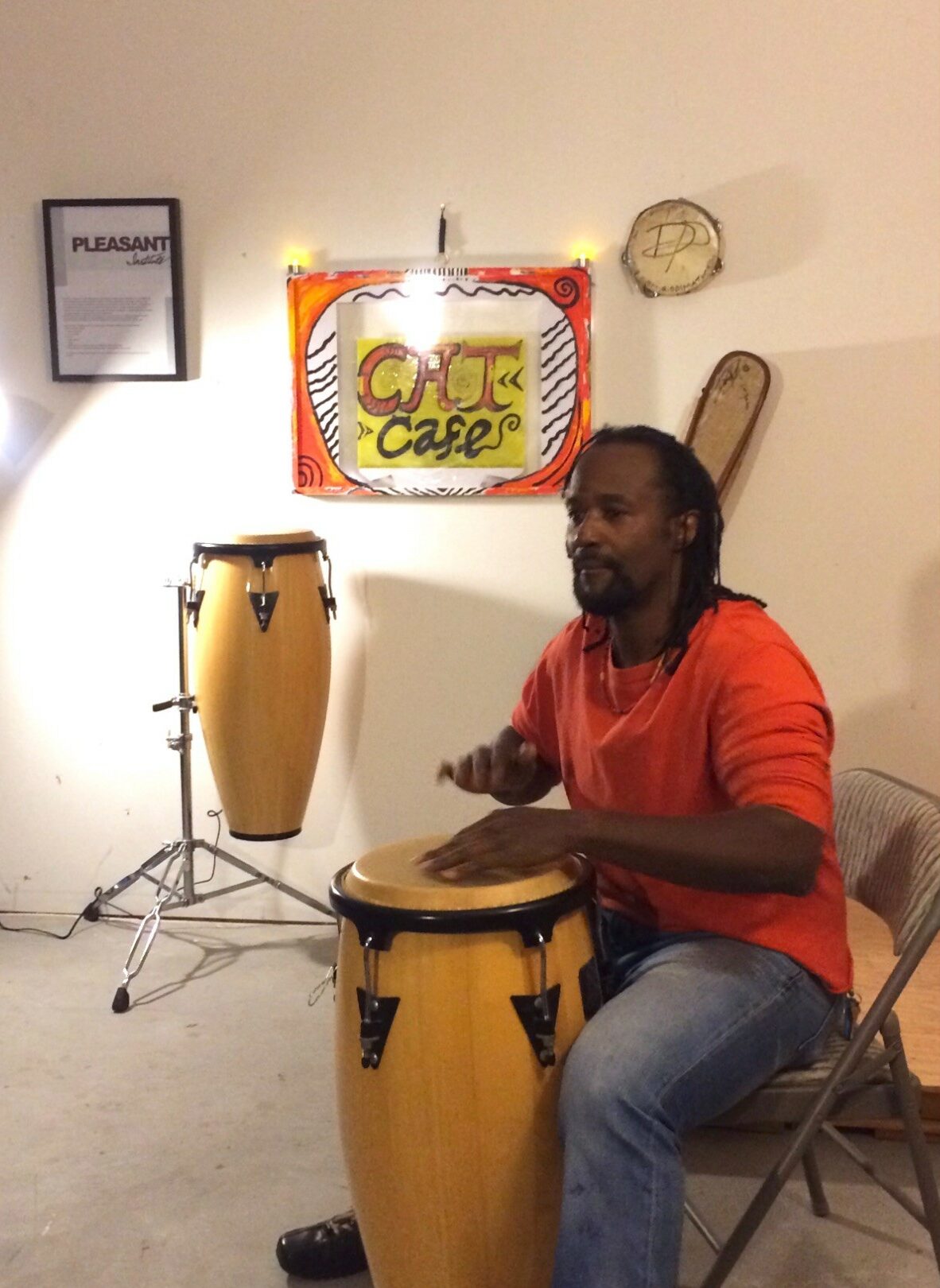 Image Credits
Image Credits
Paul Aresu











